What is Frontotemporal Dementia (FTD)?
Frontotemporal dementia is a devastating brain disorder that affects how you think, talk and behave. Portions of the brain shrink or in medical terms atrophy. FTD typically starts between 40-65 - making it one of few dementias particularly prevalent in younger individuals.
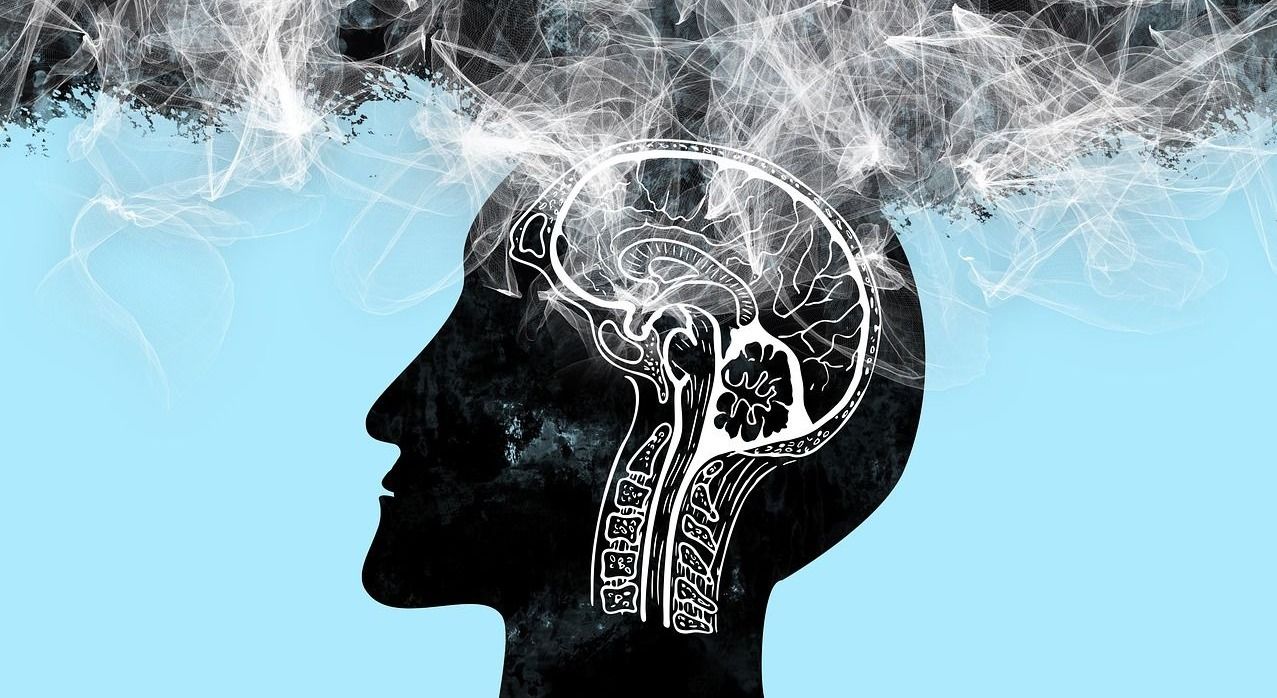
Frontotemporal dementia is a devastating brain disorder that affects how you think, talk and behave. Portions of the brain shrink or in medical terms atrophy. As the brain cells die this leads to changes in personality, difficulty using language correctly or inappropriate social behaviors. This condition can be misdiagnosed as another mental health issue or even Alzheimer's disease since it typically occurs at younger ages than other forms of dementia are likely to appear. If left untreated, frontotemporal dementia has drastic consequences for those affected by it!
A brief overview Frontotemporal Dementia
Frontotemporal dementia can be a devastating diagnosis. I want to give you a brief anatomy lesson on the brain. The frontal and temporal lobes serve multiple vital functions. Language comes into play with the frontal lobe as it is responsible for linking words like a masterful conductor in an orchestra; additionally, its motor areas drive arm and leg movement plus oral motions such as talking or eating. Damage to the frontal lobe can cause increased irritability, which may include a change in mood and an inability to regulate behavior.
Similarly, the temporal lobes play a big role not only in memory recall but also when it comes to understanding emotions and speaking effectively. Our temporal lobes are incredibly important to our understanding of the world and how we interact with it. Unfortunately, if this area of the brain is damaged in any way, people may be faced with confusion as they try to make sense of their environment; resulting in a range of challenging behaviors that significantly inhibit daily life activities and providing care for them.
Types of Frontotemporal Dementia (FTD)
FTD comes in many shapes and sizes, with the most common forms affecting behavior/personality or language. You may experience Progressive nonfluent aphasia (speech) issues, semantic dementia (understanding verbal communication), or even movement problems similar to Parkinson's Disease & Amyotrophic Lateral sclerosis, or Lou Gehrig's disease. These are considered a motor neuron disease. As the disease progresses, a patient will experience progressive muscle weakness and paralysis as the motor neurons in the brain and spinal cord deteriorate.
Signs and symptoms of FTD will vary depending on the type of FTD
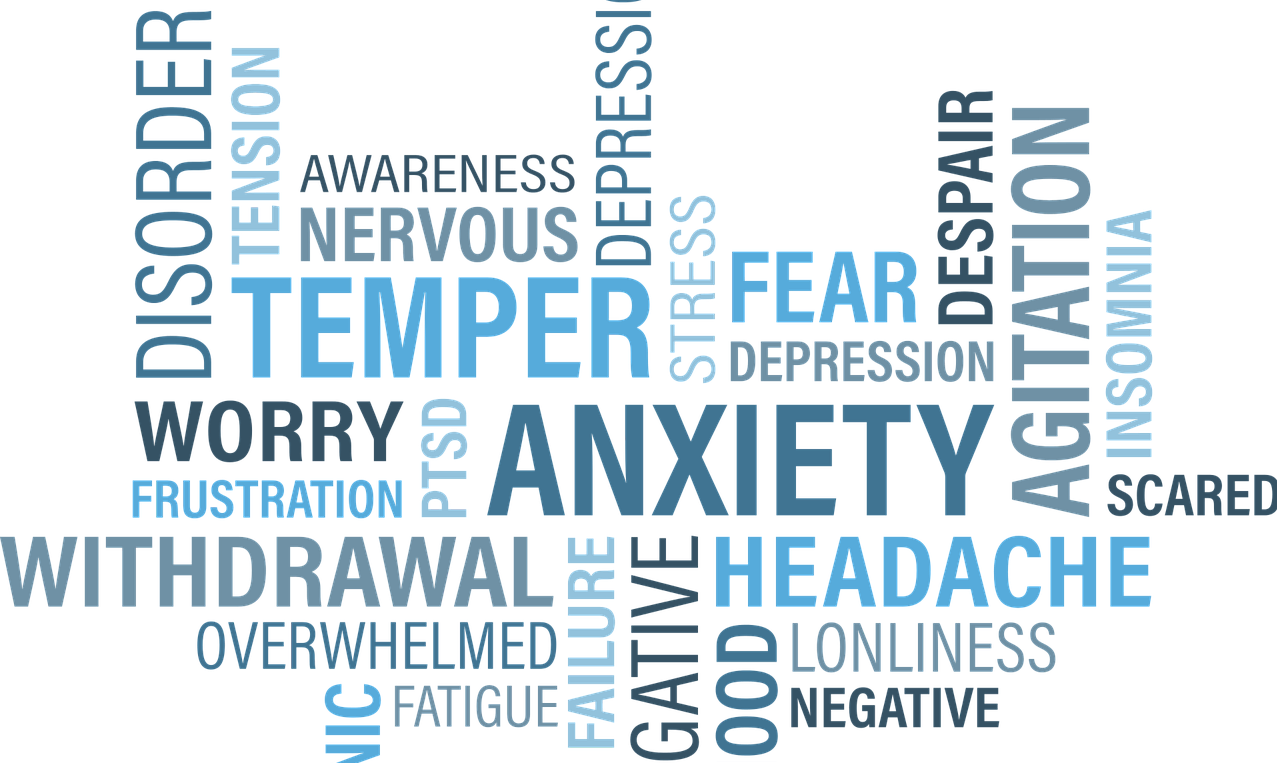
FTD will present with different signs and symptoms depending on the type. In some there will be sudden changes to behavior, or in Bruce Willis's his language skills were among his earliest warning signs.
Half of patients with frontotemporal dementia, may suffer from what they call behavioral-variant frontotemporal dementia. This variant often causes those with FTD to have uncontrollable impulsive behaviors as the illness progresses. These are considered inappropriate behaviors in social situations.
Some may seem apathetic or detached emotionally – affecting both their friends' and family relationships deeply. Unfortunately it is important for loved ones to understand this condition so they can offer any appropriate help during these difficult times.
At what age does Frontotemporal Dementia (FTD) Start?
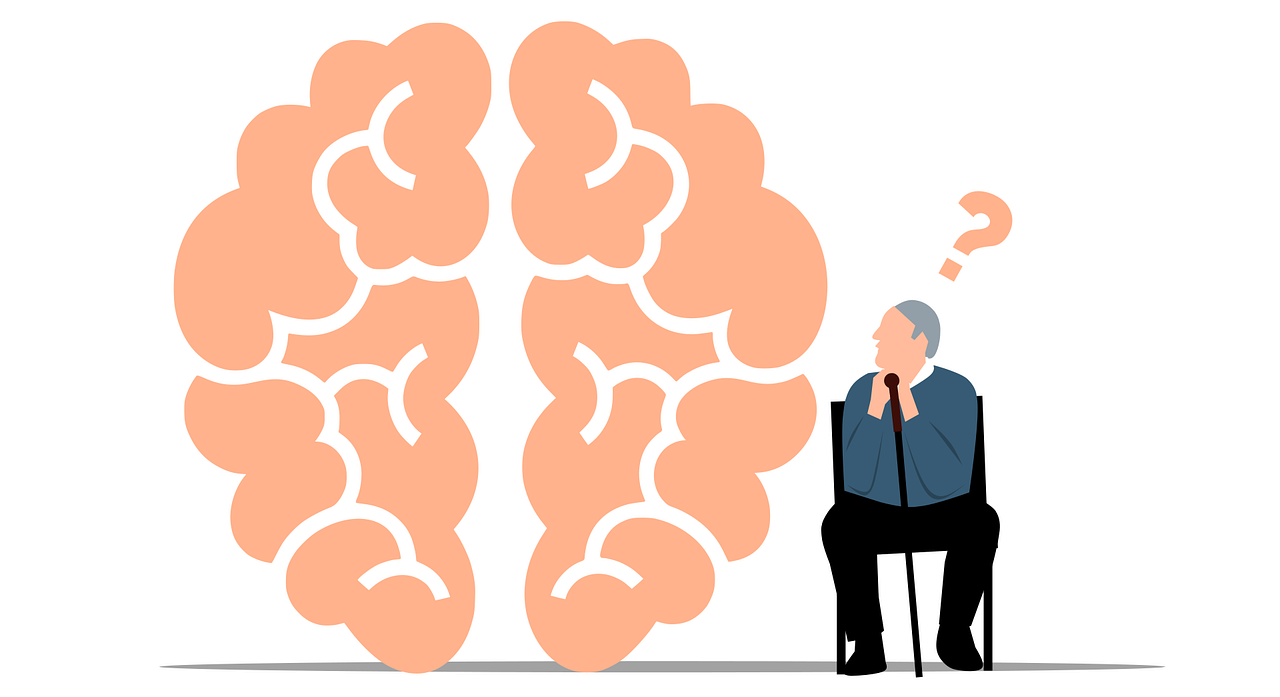
Frontotemporal Dementia (FTD) is a progressive neurological disorder that weakens the ability to think, speak and understand language. Though it can strike people of any age, FTD typically starts between 40-65 - making it one of few dementias particularly prevalent in younger individuals. The average life expectancy is 6 to 8 yrs after diagnosis.
Women have just as much risk developing this illness as men do; so no matter your gender or age you should be aware of its symptoms!
I have cared for several with FTD in my lifetime. Most were young men with careers and children. There was a tiny little pastors wife that stands out in my memory. One man had been in marketing and sales. He was a gregarious man and a prankster. He was always the life of the party. Over a period of time, he became withdrawn, apathetic and emotionally detached. He ended up losing his job, his wife left him and his kids became estranged. As his condition deteriorated, and he was given a proper diagnosis, his family came together to try and repair their relationships.
Apathy and lack of Empathy is a symptom of many different types of Dementia, including FTD

There are other forms of dementia that also start with lack of empathy, a disinterest in others. This one symptom can negatively impact relationships. I encourage anyone that has a family member or friend experience a change in behavior, or seems apathetic or has no interest in things they once enjoyed, I recommend that you encourage testing for frontotemporal dementia. especially if they are young and under the age of 60.
I had one little lady, was the wife of a pastor. She started to exhibit socially inappropriate behaviors. As the cells in her frontal lobe died off, her filter( called executive function) broke down. She would make sexually inappropriate comments and suggestions. She started to swear like a drunken sailor. The members of the church were appalled at her behaviors. The church members thought she was just having a mid life crisis.
What is Executive Function?
I'd like to take time to explain what is executive function. Executive functions are the driving forces of our everyday lives! They help us plan, stay organized and mindful, manage time effectively even when multitasking. It is the social filter that keeps us from saying those inappropriate things that pop into our mind, but don't express.
When executive functioning is broken, it can cause many challenges with learning and social interaction that require support to overcome. A perfect example of a broken frontal lobe is my sweet church ladies behaviors. Undressing, her impulsivity and making sexual advances, as well as swearing are all signs of frontal lobe dementia symptoms.
Early Stages and Signs and Symptoms of Frontotemporal Dementia
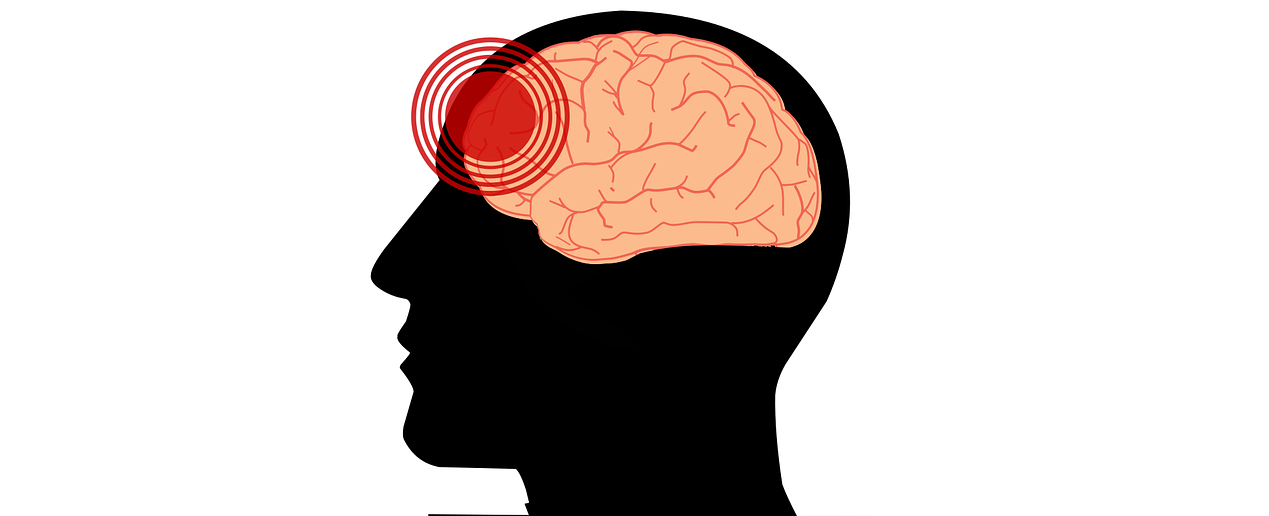
As we know, Willis's family confirmed last year that he was suffering from primary progressive aphasia —a form of FTD which can come in two different types. Non-fluent variant sufferers find forming sentences, or even producing words at all, difficult while those the health care providers call the semantic variant, are still able to communicate but may have difficulty understanding words.
Those who worked closely alongside Willis prior to disclosing his diagnosis noticed changes within language and memory abilities; This was observed years before these symptoms were linked to an underlying frontotemporal disorder.
What is Primary Progressive Aphasia?
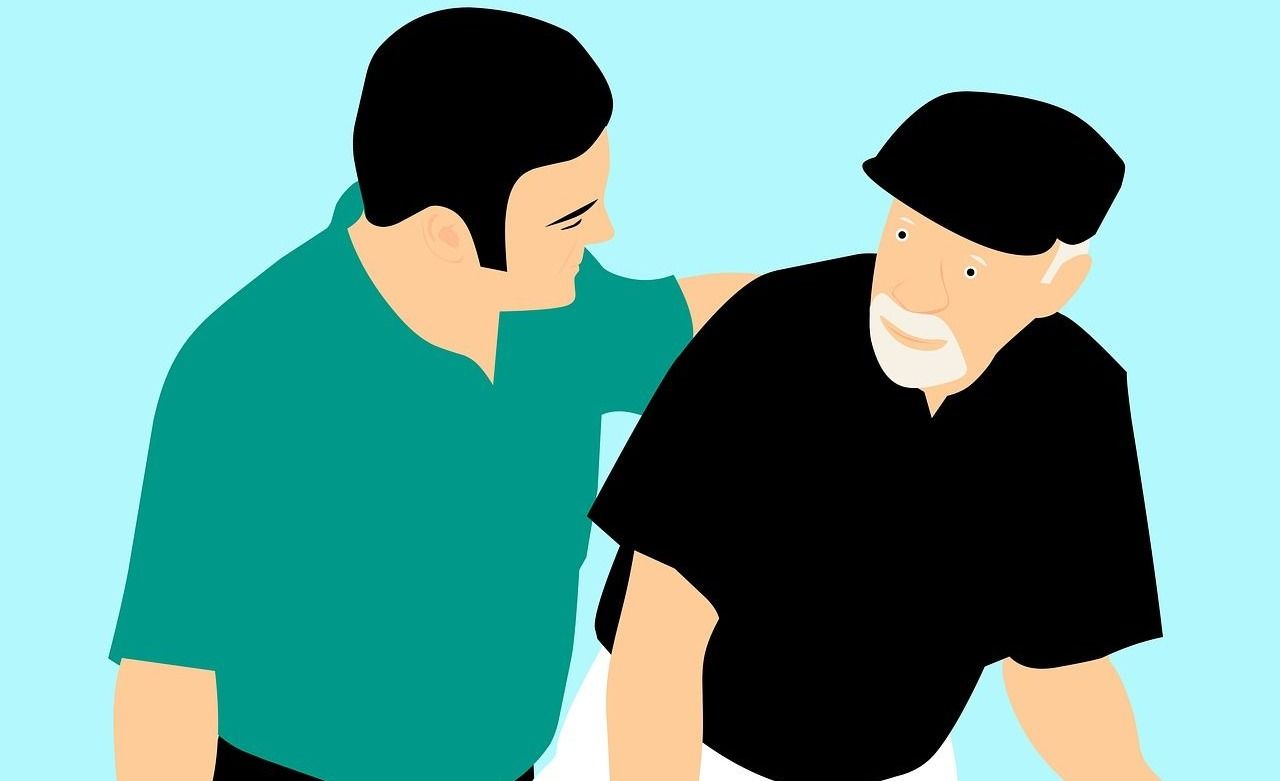
Primary progressive aphasia symptoms may include difficulty initiating or sustaining conversations, problems with language comprehension, and changes in writing skills. As the disease progresses , people with frontotemporal dementia may experience a decline in executive functioning which can lead to impaired judgment, planning and other cognitive skills. A prominent symptom of frontotemporal dementia is the personality change. This can include changes in behavior, mood, social interactions, and communication skills.
Bruce Willis' family has recently shared that his condition "has progressed," now diagnosed with frontotemporal dementia.
What is Motor Neuron Disease?
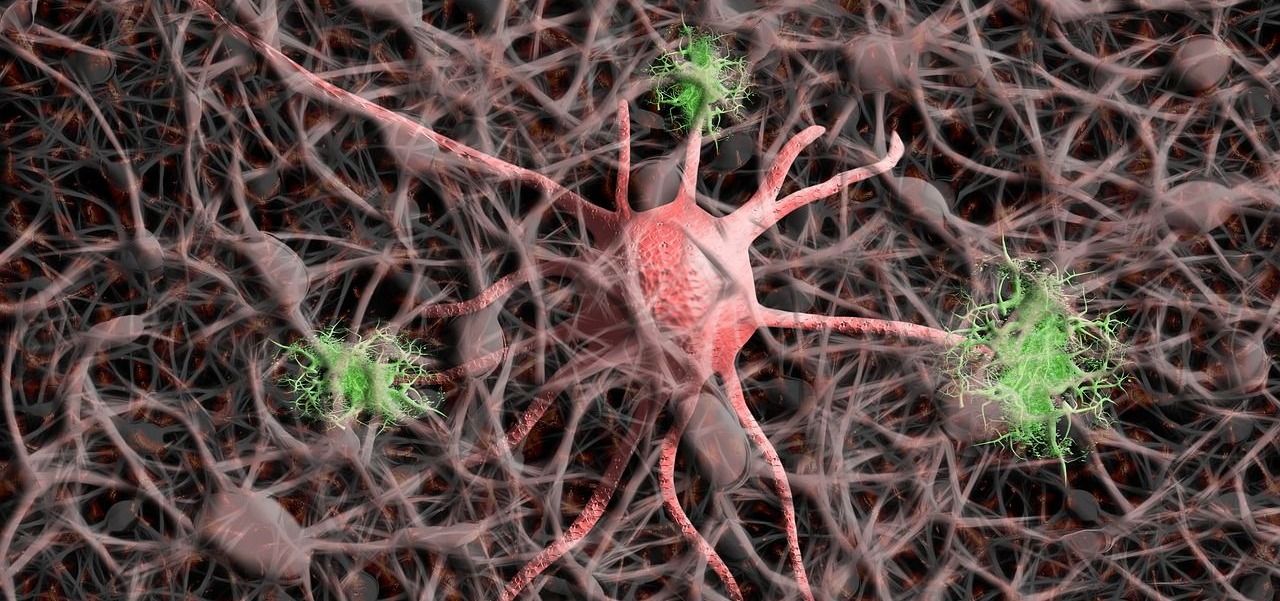
Motor Neuron Disease is a subtype of frontotemporal dementia. IT often presents with movement issues similar to those found in Parkinson's disease and ALS, such as shaking, stiffness, muscle spasms or twitches, poor coordination on activities like walking and swallowing food.
In addition to physical changes you may notice that the affected person has frequent laughing or crying outbursts at inappropriate times as well as weakness in their muscles leading to more falls than usual.
What is Dementia?

I want to address what is dementia. Dementia is a general term that encompasses many types of impairment in the brain. Alzheimer's disease, known for its memory problems and dementia-causing symptoms, typically starts with issues in the hippocampus part of the brain which deals largely with forming memories. As it progresses through different regions of the brain it impacts the ability to think and respond.
More early signs of Frontotemporal Dementia
Signs and symptoms of frontotemporal degeneration can be different from one individual to the next. The symptoms get progressively, as the brain cells die. This usually occurs over years. From diagnosis to death is usually 6 to 8 years.
As I said before, FTD can cause drastic and noticeable changes in personality, behavior, and communication. Common signs to look out for are a sudden decrease or loss of self awareness; difficulty understanding language, speaking frequently or hesitating when trying to vocalize thoughts; acting impulsively while making poor decisions with little regard for consequences; appearing apathetic towards activities previously enjoyed prior to the onset of FTD symptoms. Unfortunately these issues persist as they progress steadily over time so it's important that those affected receive help right away.
How is Frontotemporal Dementia diagnosed?

Family members, as in with many different types of dementia are often the first to notice subtle changes in behavior or language skills.
It’s important to see a healthcare provider as early as possible to discuss:
It is important that a family member go with the family member experiencing symptoms. This is important because the family member with possible diagnosis, will lack insight into their Symptoms.
- Medical complete medical history and previous medical problems will be discussed
- family history will be addresses
- Prescription medicines, over-the-counter medicines, and dietary supplements taken
There is no single test can diagnose FTD. Typically, the doctors will order routine blood tests and perform physical exams to rule out other conditions that cause similar symptoms.
If they suspect any type of dementia, they may recommend seeing a specialist, such as a neurologist. Evaluate neurological status health including reflexes, muscle strength, muscle tone, sense of touch and sight, coordination, and balance
A neuropsychologist may assess neuropsychological testing. This assesses functions like memory, problem-solving ability, attention span and counting skills, and language abilities.
Brain scans such as A magnetic resonance imaging (MRI) or computed tomography (CT) scan o may be needed for an accurate diagnosis.
Early diagnosis and treatment can help slow down the progress of symptoms and improve quality of life for those affected by this neurological disorder. It's also helpful to understand how genetic factors can play a role in inherited forms of FTD, such as amyotrophic lateral sclerosis or Pick's Disease. Your doctor will be able to provide more information on these topics and answer any questions you may have.
Treatment for Frontotemporal Dementia

FTD might not have an immediate risk on life, but its effects can be extremely debilitating. Over time, those living with FTD are at high risk of contracting illnesses such as pneumonia and infections; they may even suffer fall-related injuries due to the disease's gradual deterioration of motor skills.
Physical and occupational therapy can help people with FTD maintain physical fitness, develop better balance and coordination, learn adaptive strategies for daily living tasks, and manage physical symptoms. Speech therapy can also help improve communication skills that may be affected by frontotemporal dementia.
Additionally, medications like antidepressants or antipsychotics can be prescribed to manage psychiatric symptoms. It is important to work closely with a doctor in order to create an individualized treatment plan that addresses the physical and cognitive needs of those affected by FTD.
As a result, individuals in advanced stages may need full-time nursing care or constant supervision from assisted living facilities to maintain their safety and well being - making FTD a very serious condition indeed. The behaviors of many with frontotemporal dementia are are challenging, to say the least. The impulsivity, the irrational and risky behaviors, the inhibition and the sleep disorders make this one of the most difficult conditions I have provided care for.
Challenging Behaviors of Frontotemporal Dementia
Let me tell you about Mark. He was a 59 yr old chemical engineer. Smart man with a love of bird watching. I met Mark on a senior behavioral health unit. He was a man of small stature, and was constantly focused on watching birds. We would sit outside on the porch of the locked unit. Mark would be happy one moment, and then aggressive and agitated the next. He had a clock in his room, that the family brought in for him. IT was a special clock that had different birds sounds that would chime on the hour. Mark loved that clock. The clock had to be removed, because Mark could not identify the sound of the bird he was hearing. and it caused him to become agitated and aggressive.
Another patient I cared for, was busy taking his medications for me. We were at the nurses stations and I turned to give him his water. As I did that, a visitor was walking past, and My patient leaped to attack the visitor that was just walking by. You learn to respond quickly when you work in that type of unit.
I do want to share here, that as this terrible disease progresses, the negative and challenging behaviors become overwhelming for the family members. Over the course of the disease, frontotemporal disorders will result in unmanageable behaviors. These behavioral symptoms as well as the psychiatric symptoms will result in multiple admissions to a behavioral health unit. The admission will address these symptoms with medication and behavioral approaches. As the disease advances, and behaviors become more and more challenging, families find it difficult to find a place to provide care when the behaviors get uncontrollable. This is a very common problem. Families struggle to agree to sedate their family member, in order to place them in a safe environment, when it it no longer possible to keep them at home.
The Challenges of Providing Care

I want to address the challenges of caring for a family member with FTD . This can be not only an emotionally-taxing experience, but a physically exhausting one, as well.
I want to address how devastating this condition for the family. FTD has a far-reaching impact on individuals and families alike. Not only can it derail careers during the peak earning years, but often place significant financial burdens as well—with an estimated economic cost of $120,000 per year according to 2017 study. Families must grapple with changing relationships while caregivers take on additional responsibilities that their partner may not be able to manage anymore; Even children are affected by losing parent at pivotal moments in their lives.
FTD can dramatically change people's lives by interfering with their ability to complete everyday tasks. That could cause someone who used to have a job or career they enjoyed, and provided for themselves, having difficulty continuing in that capacity.
What is the Compassionate Allowances program through Social Security

To ease this burden on both the individual experiencing FTD symptoms as well as those around them providing caretaking support, an employment attorney should be consulted to provide helpful information about employee benefits; family leave options. It is important to explore filing for disability through the 'Compassionate Allowances' program (800-772-1213) which expedites access of Social Security Disability Benefits quickly.
It’s important that caregivers don't take their loved one's behaviors personally, focusing instead on treating them with dignity and respect while maintaining their own well being. In addition to finding knowledgeable healthcare providers it is beneficial to build the best possible team of experts who are able to provide medical, financial and emotional support during this difficult time. Consider having a care manager to consult with you as you go along your caregiving journey. My heart goes out to the Willis family and to all the families that have been impacted by the terrible condition.
You might also like this article:


